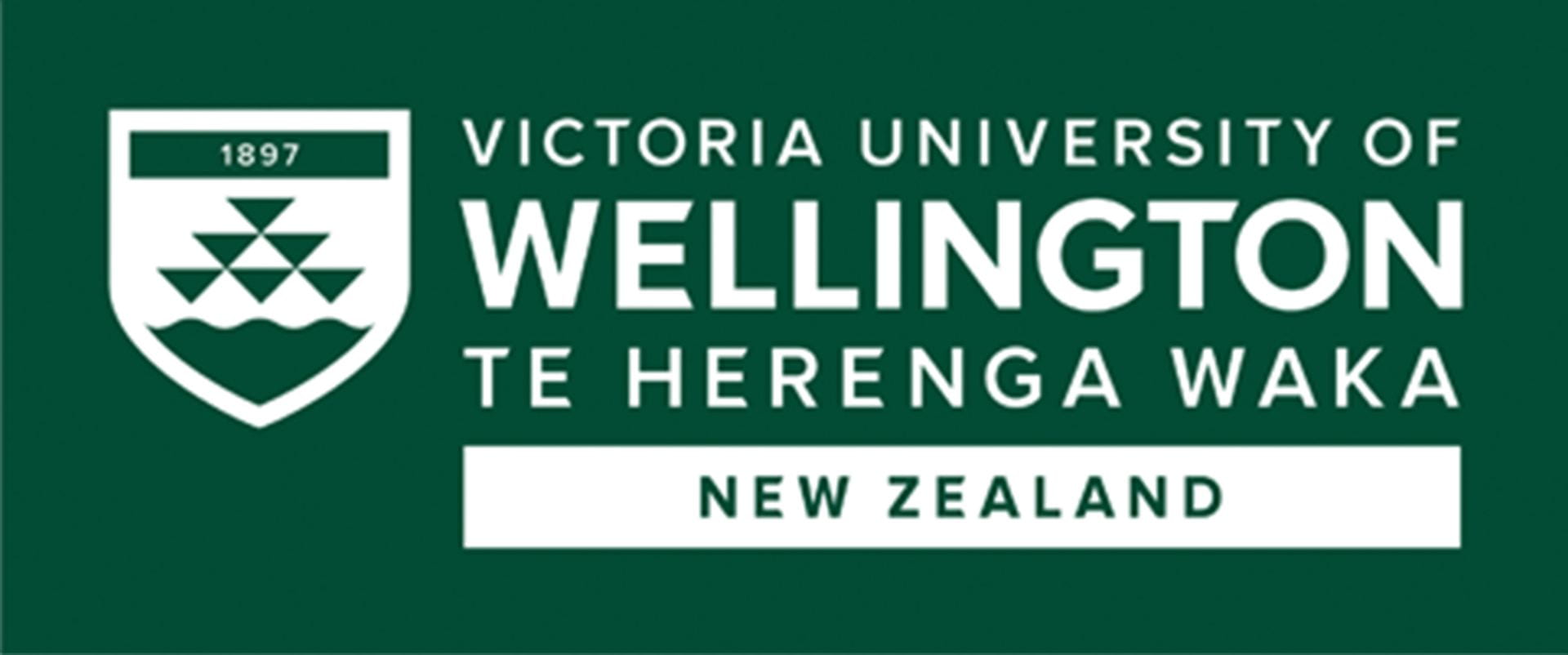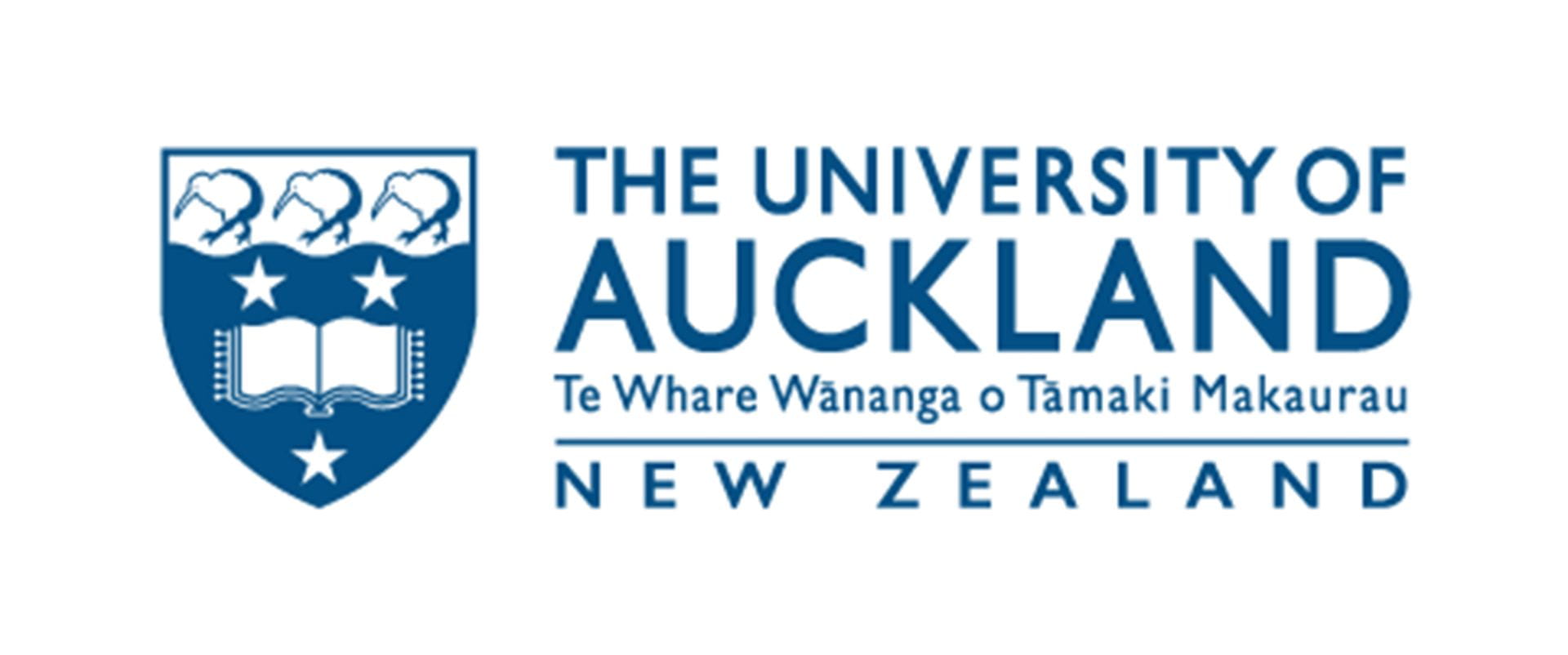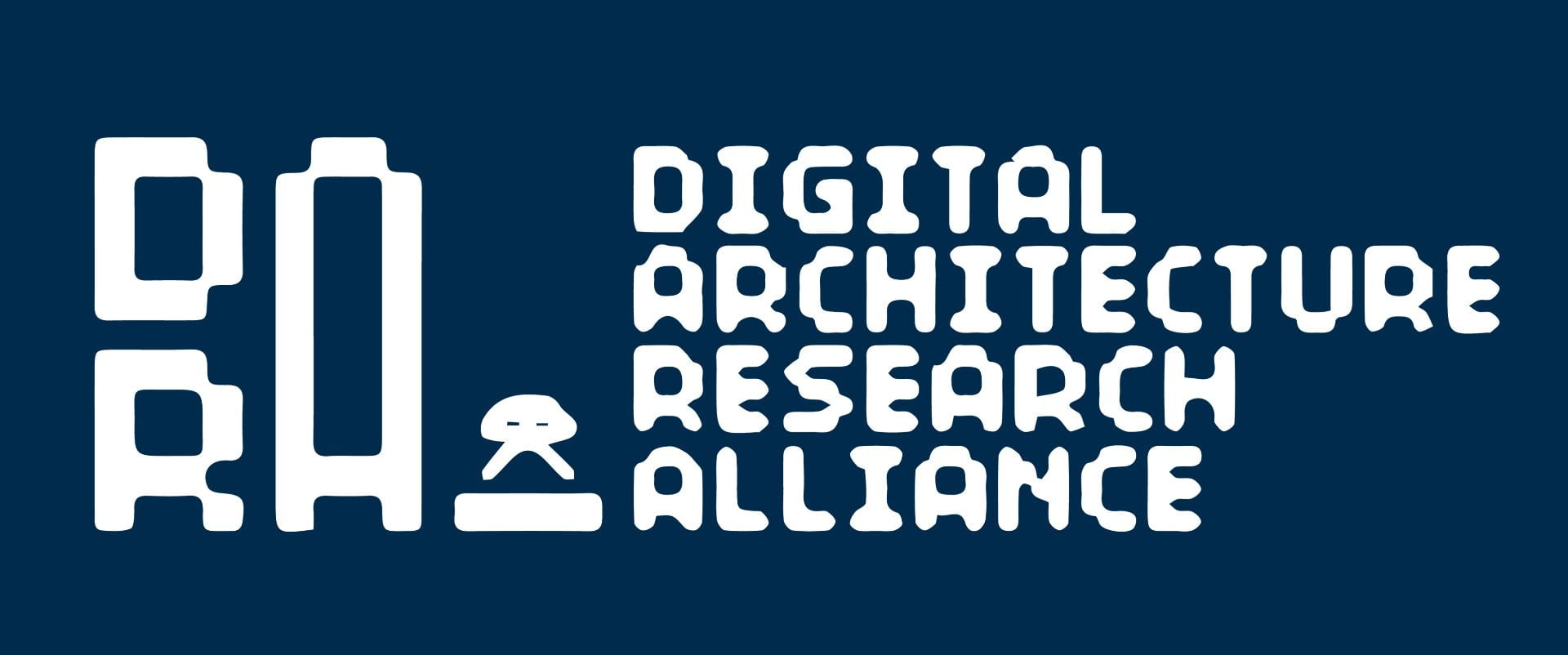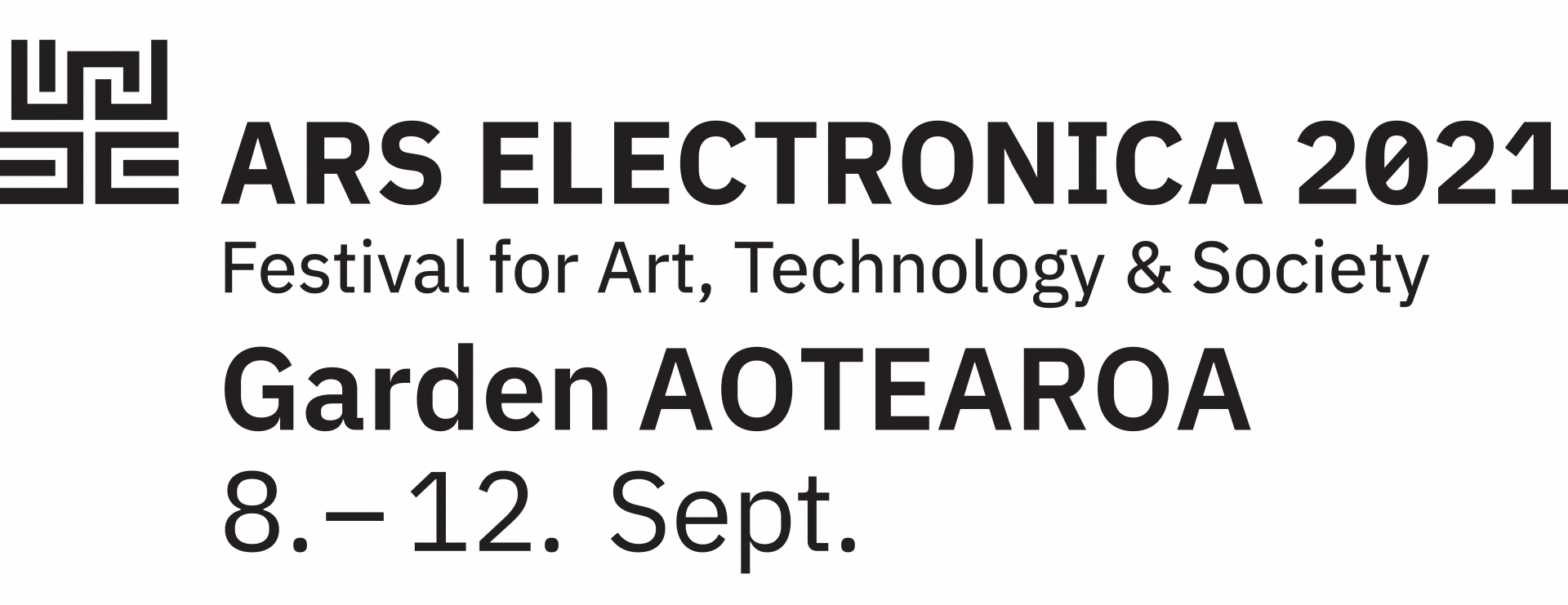Concert Night
Update: Due to the recent lockdown restrictions, this event will now take place online. The virtual event continues to be a part of the international Ars Electronica Festival and will be streamed on 9th September at 8pm NZT. We hope to host the club night at Meow at a later stage.
An evening of experimental electronic live musical performance. Several musicians and sonic artists from Aotearoa New Zealand will perform short acts on electronic- and computer technology-informed music, including: robot-musician interaction, live coding, algorithmic composition, digital musical instruments, AI-music experiments.
Fabio Morreale, “forme cangianti”, audiovisual live coding, 8:14
Zak Argabrite, “5 Episodes”, audiovisual hardware hacking, 6:07
Jessica Robinson, “Landing”, live coding, 7:35
Amy Jean Barnett, “Waves”, electronics and field recordings, 8:25
Morgan Smith, “Void Pulse”, Live Coding with ChucK, 7:03
Antonia Barnett-McIntosh, “we’re thinking collage”, voice and recording, 5:45
Liam Pram, “trialPressure”, interfaced performance, 7:41
Artist Biography:
Fabio Morreale (IT) is a musician and music scholar from Italy. He is a lecturer in composition and computer music at the University of Auckland. He has a PhD in Computer Science and he has developed numerous musical instruments, interfaces, and installations. His musical practice is mostly centred on experimentations with generative audiovisual and algorithmic compositions. His scholarly research is focused on exploring the ethical and political implications of technological innovations (AI, DAOs, streaming) on music. http://fabio.kiwi
Amy Jean Barnett (NZ) is a composer and artist based in Te Whanganui-a-Tara Wellington. With a background in the visual arts, Amy has presented sound and music commissions for Adam Art Gallery, Audio Arts Aotearoa, Wellington based events series Works for Loudspeakers, and was the 2019/2020 Sound Artist in Residence at Toi Pōneke Arts Centre. Currently, Amy has a sound work showing at Gus Fisher Gallery in Auckland. Amy holds a Bachelor of Music (Hons) from the New Zealand School of Music and a Master of Fine Arts from Bauhaus Universität, Germany.
Liam Pram (NZ) is a composer based in Auckland, New Zealand currently undertaking their MMus in Music Composition at the University of Auckland. Liam is investigating a wide range of interests (often related to complicating apparently implicit relationships) while integrating electronic, acoustic, and visual elements into their compositional practice.
Jessica Robinson (NZ) is a composer from Auckland, NZ, currently studying composition and mechatronics at the University of Auckland. She is interested in exploring the overlap between these fields, through software-based composition and music technology.
Zak Argabrite (US) is an artist working in music, art and technology based in Te Whanganui-a-Tara Wellington. Zak creates pieces for performance and installation and designs handmade instruments, sculptures, performance scores and circuitry. Zak’s work has been featured internationally in North America, Oceania and Europe. Recent major works by Zak have included a website-based installation, re-using ‘e-waste’ as instruments for audio visual performances and a piece for chamber orchestra.
Morgan Smith (NZ) is an electronic musician from Whangarei. Moving to Wellington to pursue a career in film scoring, Morgan became enraptured with computer music, and began composing extensively in a programming environment called ChucK. His debut EP, Void Pulse, explores the manipulation of musical form as gestures, enclosed within variations of itself, as well as demonstrates the musical abilities that ChucK has to offer. Morgan’s artistic influences include Paul Lansky, Autechre, Squarepusher, and Boards of Canada.
Antonia Barnett-McIntosh (US) is a composer, performer, sound artist, and editor. Her works incorporate slippage and forced failure, improvisation and the live space, and investigate speech as music: the pitches, rhythms, conversational overlaps of our everyday. In juxtaposing the formalities of presentation and the aesthetics of failure, she gently taps on the borders between performance and rehearsal, composition and writing, classical music, theatre and performance art. Antonia’s interest in creating communal experiences whereby spectators are welcomed as participants in a compositional process implies that listening in itself is active: audience members are not mere recipients of music as finished form, but drawn into the work’s compositional questions where listening and spectating can be viewed as a form of composition.
Project Credits:
University of Auckland
Victoria University of Wellington





